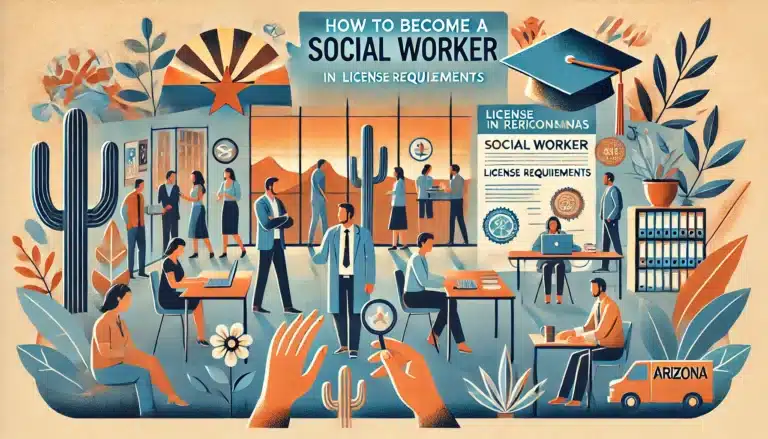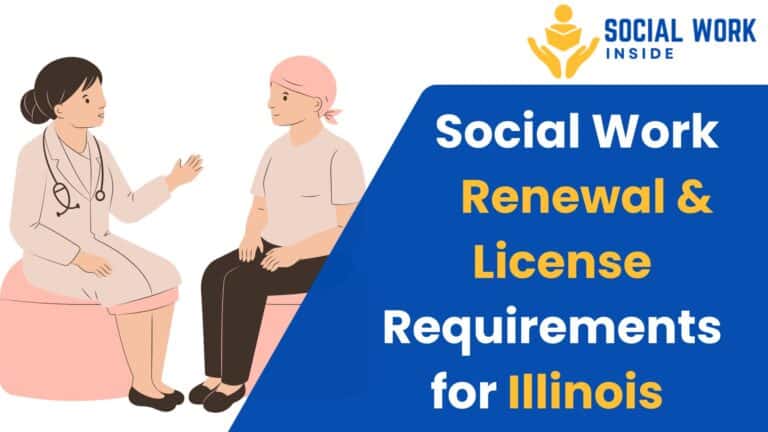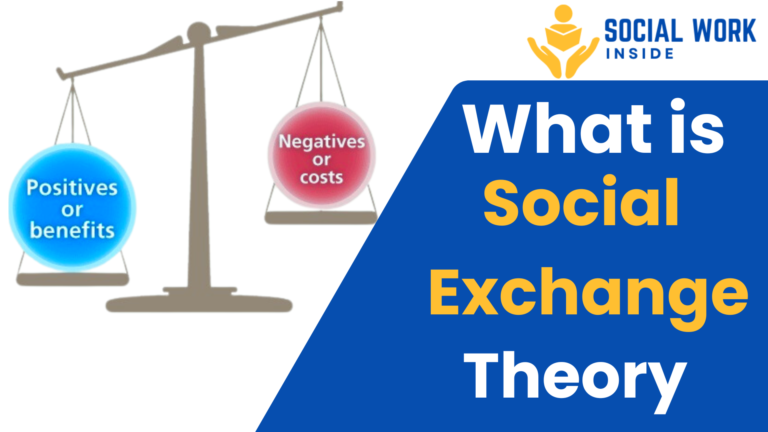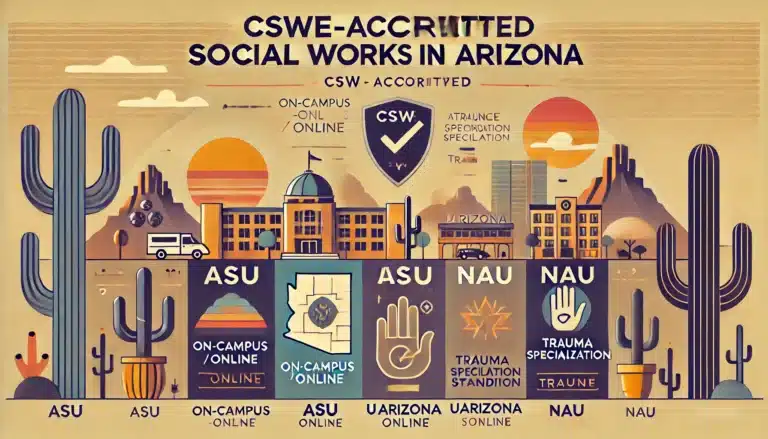Top Essential Social Worker Skills, Qualities and Traits : What Makes a Great Social Worker?
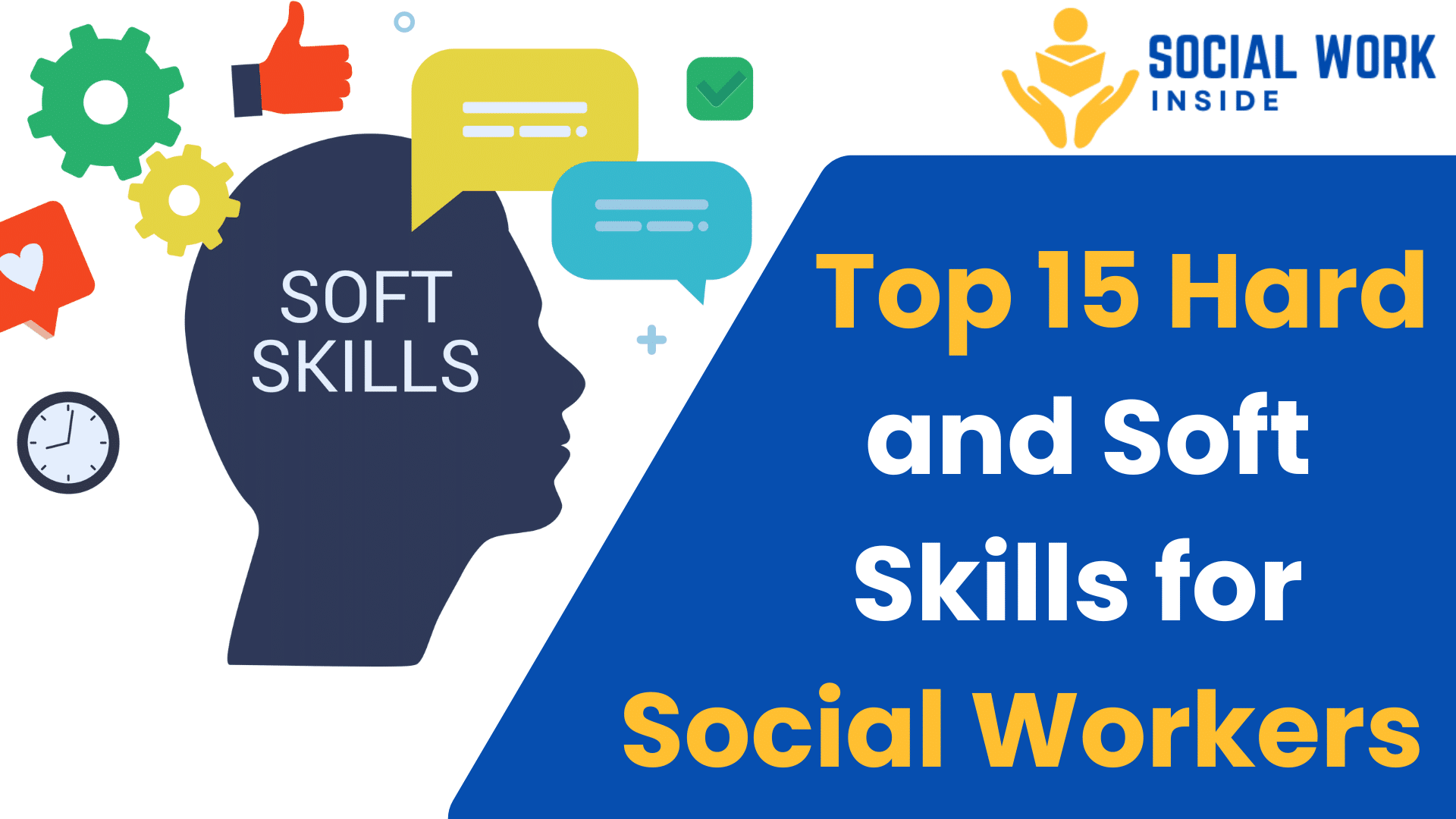
Social workers are like everyday superheroes. They help people through tough times, fight for fairness, and make the world a better place. But what does it take to be a great social worker? In this blog, we’ll explore the essential skills and good qualities that every social worker needs. Whether you’re thinking about Becoming a social worker or just curious about what they do, this guide is for you!
Getting Started as a Social Worker
Becoming a social worker is an exciting journey! It’s not just about getting a degree—it’s about learning how to help people in meaningful ways. Social workers work in schools, hospitals, communities, and even online. But no matter where they work, they all need certain skills to do their jobs well. Let’s dive into what those skills are!
What Skills Does a Social Worker Need?
Social workers need a mix of hard skills (things you can learn, like how to manage cases) and soft skills (personal qualities, like being a good listener). These skills help them connect with people, solve problems, and make a difference. Here’s a breakdown of the most important ones.
Types of Skills for Social Workers
Empathetic Communication
Social workers need to be great listeners. They talk to people who are going through hard times, so they need to be kind, patient, and understanding. This is called empathetic communication. It means really caring about what someone is saying and showing them you understand.
Cultural Competency and Diversity Awareness
People come from all kinds of backgrounds, and social workers need to respect and understand those differences. This is called cultural competency. It means learning about different cultures, traditions, and beliefs so you can help people in the best way possible.
Critical Thinking and Problem Solving
Social workers face tough situations every day. They get to think on their feet and creatively come up with solutions, which makes their work both challenging and rewarding!. This is called critical thinking.
For example, if a family is struggling to find housing, a social worker might help them find resources or create a plan to get back on track.
Case Management and Advocacy
Social workers often manage multiple cases at once. They keep track of important information, set goals, and make sure people get the help they need. They also advocate for their clients, which means standing up for their rights and making sure their voices are heard.
Professional Ethics and Legal Knowledge
Social workers follow a strict code of ethics. They must keep their clients’ information private and always act in their best interest. They also need to know the laws that affect their clients, like housing or health care laws.
Self-Care and Resilience
Helping others can be tough, so social workers need to take care of themselves too. This is called self-care. It means finding ways to relax and recharge so they can keep doing their jobs well. Resilience is also important—it’s the ability to bounce back from tough situations.
Top Hard Skills for Social Workers
Hard skills are the technical skills social workers learn through training. Some of the most important ones include:
- Case management: Organizing and tracking client information.
- Crisis intervention: Helping people during emergencies.
- Documentation: Writing clear and accurate reports.
- Knowledge of social services: Understanding programs and resources that can help clients.
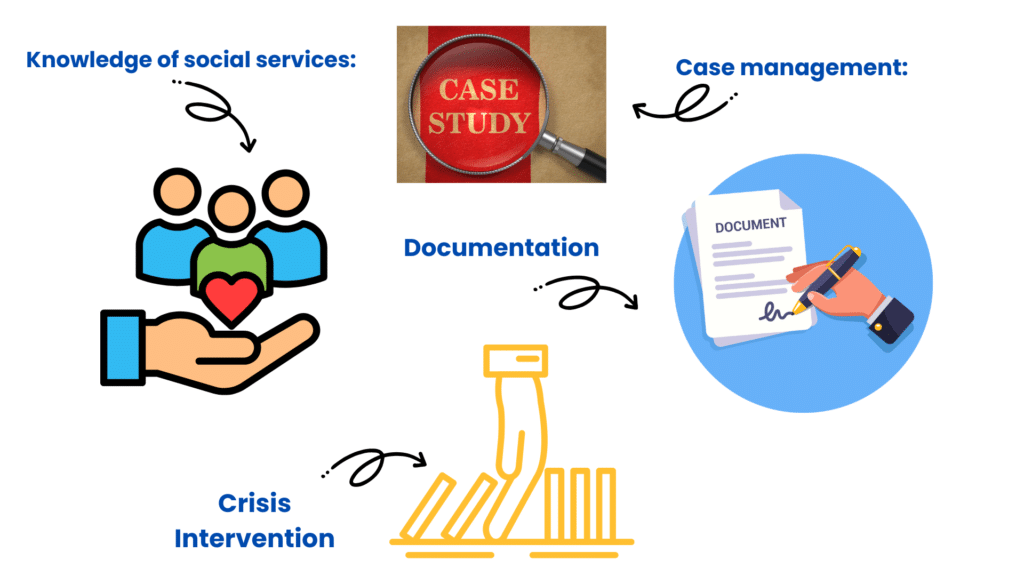
Top Soft Skills for Social Workers
Soft skills are the personal qualities that make social workers great at their jobs. Some key soft skills include:
- Empathy: Understanding and sharing someone else’s feelings.
- Patience: Staying calm, even in difficult situations.
- Communication: Talking and listening effectively.
- Adaptability: Being flexible and open to change.
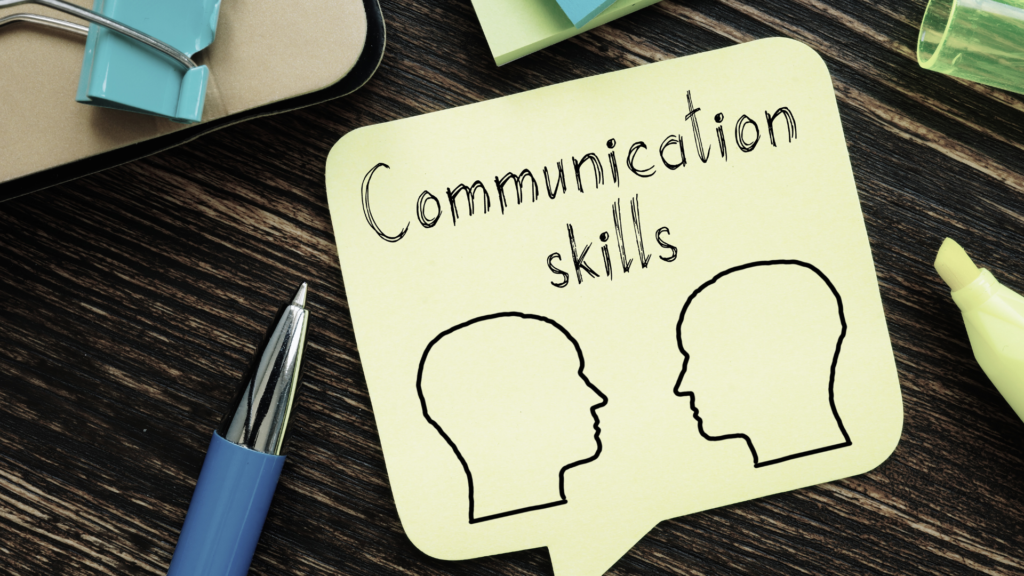
Most Important Social Worker Skills List in 2025-2026
The world is always changing, and social workers need to keep up. Here are some of the most important skills for social workers in 2024:
Empathetic Engagement
Social workers need to connect with people on a deep level. This means really understanding their feelings and experiences.
Cultural Competency
As the world becomes more diverse, social workers need to be even better at understanding and respecting different cultures.
Interdisciplinary Collaboration
Social workers often work with other professionals, like doctors, teachers, and lawyers. They need to be good at teamwork.
Advocacy and Social Justice
Social workers fight for fairness and equality. They need to be strong advocates for their clients and communities.
Crisis Intervention
In emergencies, social workers need to act quickly and calmly to help people in need.

Digital Literacy and Telehealth Proficiency
More social workers are using technology to help people, especially through online counseling (called telehealth).

Reflective Practice and Self-Care
Social workers need to reflect on their work and take care of themselves to avoid burnout.
Policy Analysis and Implementation
Social workers need to understand how policies (like laws and rules) affect their clients and work to make them better.
Show the Right Skills in Every Application
If you’re applying for a social work job, make sure to highlight your skills! Use examples from your experience to show how you’ve used these skills in real life.
Social Worker Skills by Experience Level
Important Skills for Entry-Level Social Workers
- Learning the basics of case management.
- Building strong communication skills.
- Understanding professional ethics.
Important Skills for Mid-Level Social Workers
- Developing leadership skills.
- Managing complex cases.
- Mentoring new social workers.
Important Skills for Senior Social Workers
- Leading teams and programs.
- Shaping policies and programs.
- Training and mentoring others.
Most Underrated Skills for Social Workers
1. Cultural Humility
This means always being willing to learn about other cultures and admitting when you don’t know something.
2. Conflict Resolution
Social workers often help people resolve conflicts, so they need to be good at finding solutions.
3. Self-Regulation
This means staying calm and focused, even in stressful situations.
How to Demonstrate Your Skills as a Social Worker in 2025
- Show your skills by: Sharing stories about how you’ve helped people.
- Highlighting your training and certifications.
- Being confident and professional in interviews.
How You Can Upskill as a Social Worker
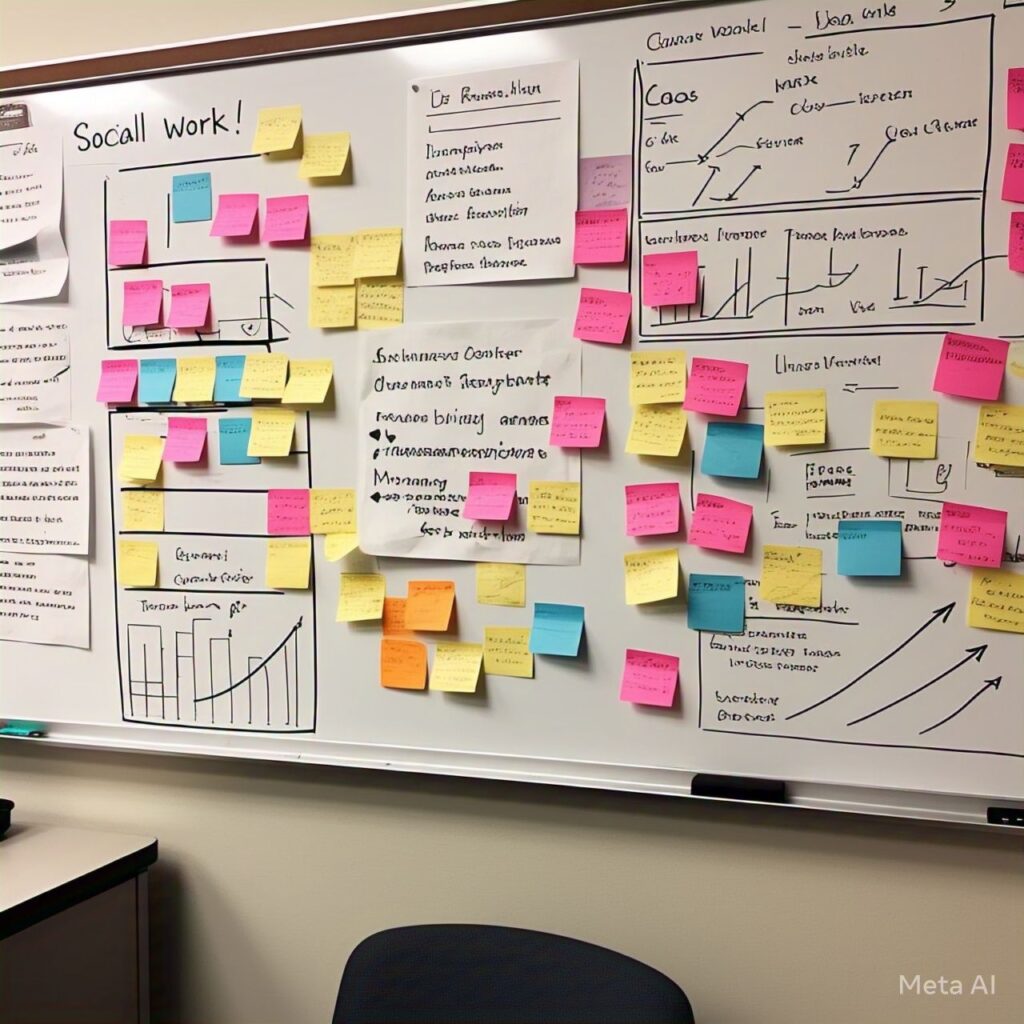
Want to improve your skills? Here are some tips:
Take online courses or attend workshops.
- Trauma-Informed Care Certification – PESI
- Cultural Competency and Diversity Training – NASW
- Crisis Intervention and Suicide Prevention – Coursera (Johns Hopkins University)
- Telehealth for Social Workers – Udemy
- Advanced Case Management Certification – Social Work CE Institute
- Introduction to Social Work – Alison (Free)
- Read books and articles about social work.
- Find a mentor who can guide you.


